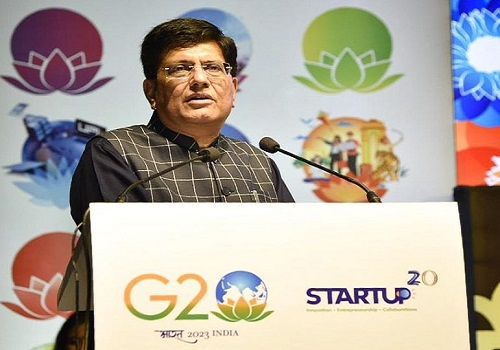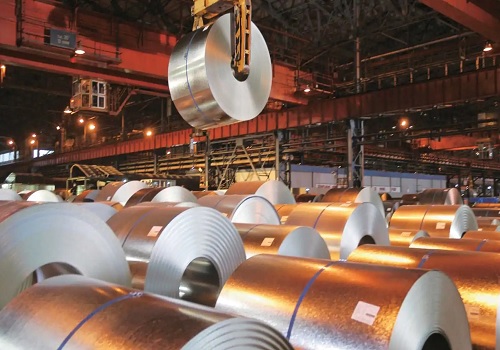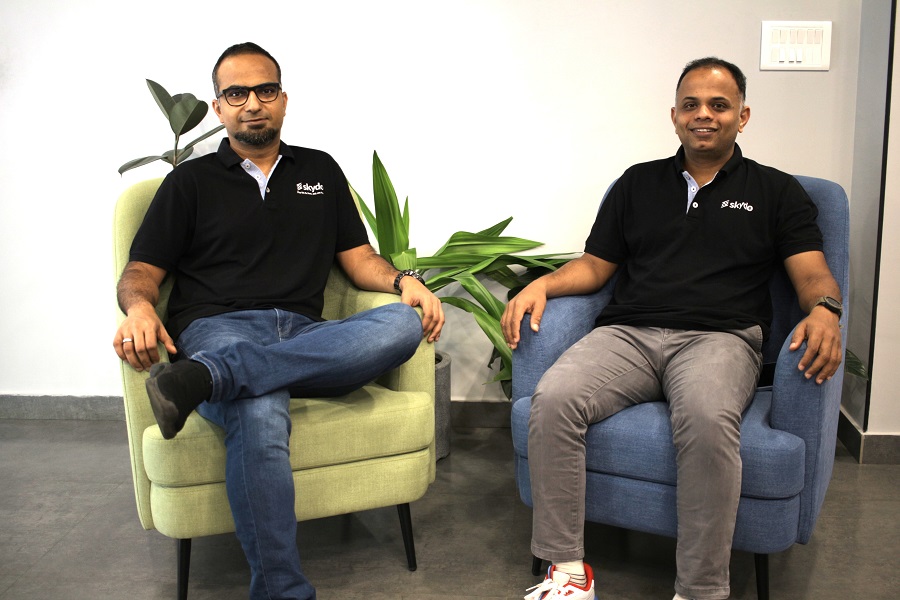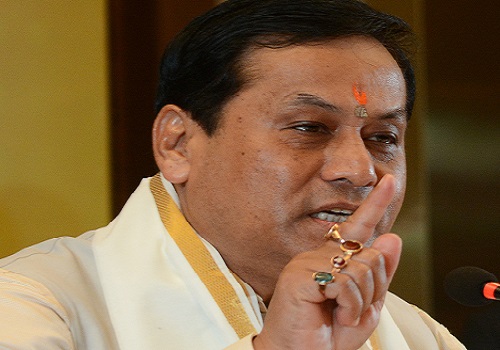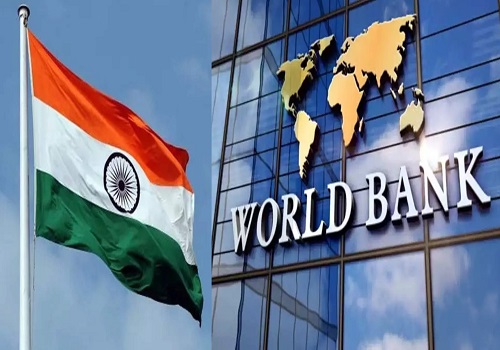Google Trends data can help gauge inflation fears: ICRA report
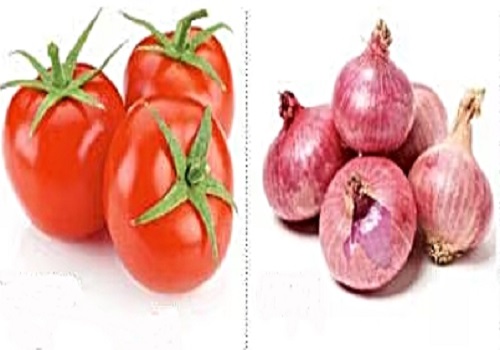
Google search interest regarding the prices of just three vegetables -- tomatoes, onions, and potatoes (TOP) -- has turned out to be a useful indicator of price anxiety in India, according to an ICRA study released on Tuesday.
The study, titled 'Quickonomics', uses Google Trends data on TOP price searches as a proxy for price anxiety and observes how they are increasingly useful in gauging inflationary expectations -- a key factor in monetary policy making.
Especially, since these food prices have kept the headline inflation under pressure in India and are also instrumental in keeping inflation volatility high, the report states.
Based on Google Trends data, the study concludes that inflation anxiety has been easing over 2023, but remains higher than during 2018-2021.
Within TOP, onions and tomatoes show a super spike in Google search interest every few years. Search interest in potato prices is comparatively range-bound and devoid of super spikes, as per the trends data for the past five years
According to the study, fewer losses from potatoes, because of better storage, have kept prices and search anxiety on their prices range-bound. Tomatoes and onions lack adequate storage and face higher losses in comparison
"We find that the Google Trends index based on searches for ‘inflation’ is strongly correlated with inflation expectations of households based on the Reserve Bank of India’s (RBI) survey, and hence, a good proxy for inflation anxiety in the economy," the study states.
Inflationary pressures in the Indian economy may be tracked in three ways.
First, is by looking at the actual data. CPI inflation is released by the National Statistical Office (NSO) and the daily retail price data is released by the Ministry of Consumer Affairs.
Second, is the data on inflation expectations of households based on surveys, conducted by the RBI.
The study finds Google Trends as a third interesting source. "We take this as a proxy for inflation anxiety, based on Google web search requests by consumers for prices of commodities key to their consumption and those they believe are witnessing an upturn in prices," the ICRA report states.
November CPI inflation made headlines again, as it rose to 5.6 per cent from 4.9 per cent in October. Food inflation jumped to 8.7 per cent from 6.6 per cent, with vegetables inflation soaring 17.7 per cent, followed by pulses. This is the second price shock in vegetables in the current fiscal.
Uncertainty on food prices is, thus, likely to haunt the Monetary Policy Committee (MPC) again. While there is little that the MPC can do to control food inflation, persistent food inflation can become generalised and enter headline inflation, requiring a monetary policy response. Hence, there is a need to closely watch food prices, the ICRA report says.
"We find that the Google Trends index based on searches for 'inflation' is strongly correlated with inflation expectations of households based on the RBI’s survey, and hence, a good proxy for inflation anxiety in the economy,” the ICRA report concluded.














